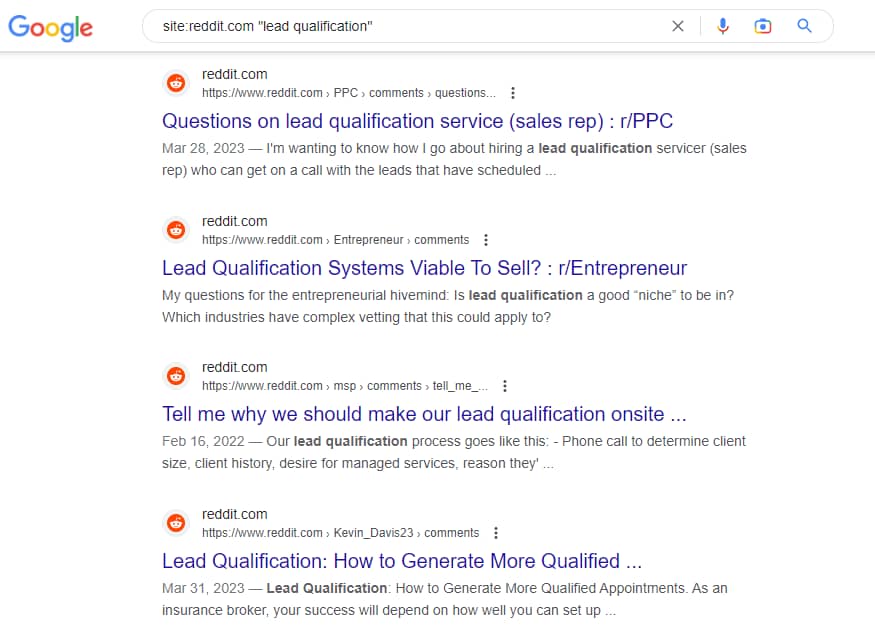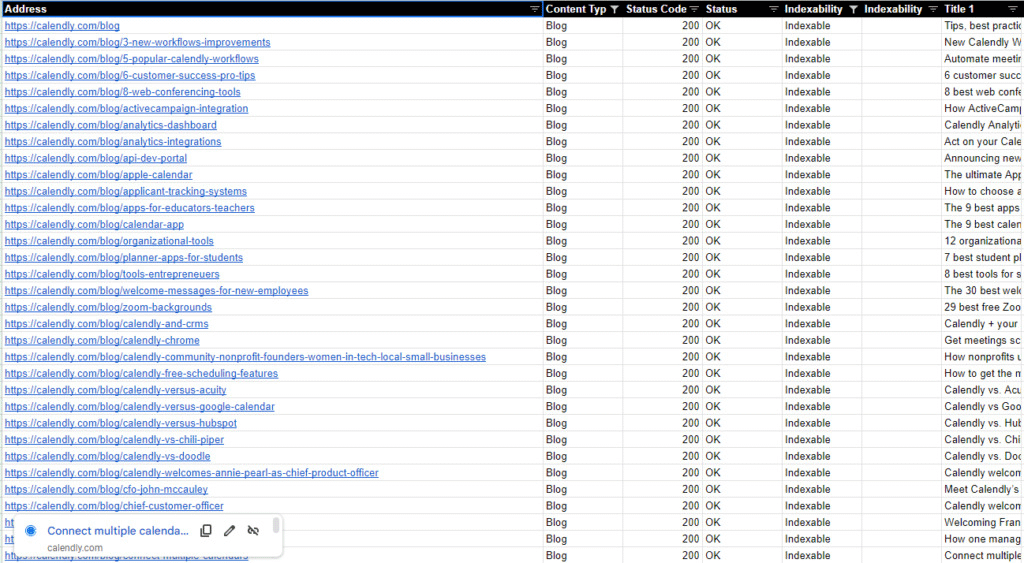How to Generate an Effective Seed Keyword List for Improved SEO

Beginner’s Guide to Crafting an Effective Seed Keyword List for SEO
Starting your journey into the world of search engine optimization (SEO) can be a bit overwhelming, but fear not—seed keywords are here to help. These initial keywords mark the starting point of your keyword research, a crucial foundation for your entire SEO strategy.
Why You Need a Seed Keyword List
Picture this: You’re about to embark on a road trip, but you don’t have a map or directions. Without a starting point, you could end up lost in a sea of possibilities. In the same way, diving into keyword research without a seed keyword list can lead you to miss out on valuable keywords that could enhance your SEO efforts.
Seed Keywords: The Bedrock of Your Strategy
Creating a seed keyword list is like planting the seeds of a successful SEO campaign. These seeds will grow into the keywords that help your website rank higher and attract the right audience. Here’s a step-by-step guide on how to create a powerful seed keyword list:

Also read: How to Create a Compact Web Application for Streamlining SEO Operations
1.Grasp the Strategy First
Before you dive headfirst into keyword research, take a moment to lay down the groundwork. Define your overall SEO strategy by understanding the company’s goals, key performance indicators (KPIs), and the industry it operates in. This strategic insight will guide your seed keyword selection effectively.
2.Tune Into Terminology
Listening to how your team members or clients discuss your industry can be a goldmine for seed keywords. These terms reflect common language used within your niche and can be excellent additions to your list. However, even if provided by others, it’s essential to supplement this list with your research.
3.Mine Your Website
Your website is a treasure trove of potential seed keywords. If your website is already ranking for specific keywords, take note of them. Whether your site is optimized or not, the main pages often contain valuable keywords buried within their content.

4.Employ Website Crawlers
Utilize tools like Screaming Frog to crawl your website swiftly. This will help you extract page titles, meta descriptions, and headings, all of which can reveal keywords your website is already associated with. However, remember to curate these findings manually to ensure relevance and accuracy.

5.Explore Competitors’ Territory
Your competitors are excellent sources for keyword inspiration. Review and crawl their websites to identify keywords they’ve prioritized. Focus on top competitors who are likely to have invested in optimizing their sites.
6.Tap Into Google’s Insights
Google’s search results are a goldmine for keyword suggestions. When you search for a keyword, pay attention to the auto-suggestions and the “People Also Ask” section. These sections can offer a plethora of keyword ideas straight from the search engine’s database.


7.Broaden Your Horizon
Extend your search beyond your immediate circle. Browse platforms like Quora, Reddit, and niche forums for hidden gems—low-competition keywords that might not be on everyone’s radar yet. Google search modifiers can make this process faster and more targeted.

Crafting Your Seed Keyword List
Your seed keyword list doesn’t have to be complex; it’s about quality over quantity. At its core, it should encompass keywords that align with your website’s main objectives. Whether you jot down these keywords in a plain text document or use a tool like Notion, the depth of your research will determine the list’s effectiveness.

Also read: How To Schedule Slack Messages
Adapting the Approach
For larger websites with diverse content or product offerings, consider approaching the process in phases. This segmented approach allows for more focused keyword research and strategic mapping of keywords to specific areas of your website.
Bringing It All Together with Notion
Notion offers an organized platform to house your seed keyword list and take your SEO strategy to the next level. With the ability to expand your list into comprehensive keyword research, mapping, and content strategies, Notion streamlines the entire process.
In a nutshell, your seed keyword list is the compass guiding your SEO journey. Taking the time to cultivate it with strategic precision will set you up for success in the complex world of search engine optimization.
FAQs:
1. What is a seed keyword list in SEO?
A seed keyword list serves as the initial set of keywords that kickstart your keyword research for search engine optimization (SEO). It forms the foundation for your entire SEO strategy, helping you target the right keywords and enhance your website’s visibility.
2. Why is a seed keyword list important?
A seed keyword list provides a starting point for your SEO efforts. Without it, you might miss out on crucial keywords that could significantly impact your website’s rankings. It’s like having a roadmap before embarking on a journey.
3. How do I create a seed keyword list?
Creating a seed keyword list involves multiple steps. First, understand your overall SEO strategy, company goals, and industry. Then, listen to industry terminology used by your team or clients. Extract keywords from your website’s content and utilize website crawlers. Explore your competitors’ keywords and tap into Google’s search suggestions. Finally, broaden your search by scouring platforms like Quora and Reddit.
4. What tools can I use for keyword research?
Tools like Screaming Frog can crawl your website to extract keywords from page titles, meta descriptions, and headings. Google’s search results, including auto-suggestions and “People Also Ask” sections, offer valuable insights. Notion is a handy platform for organizing and expanding your seed keyword list into a comprehensive SEO strategy.
5. How should I approach a seed keyword list for a diverse website?
For websites with diverse content or products, consider a phased approach. Focus on specific keywords for different phases to ensure comprehensive coverage. Notion can help manage these phases and streamline your keyword research, mapping, and content strategies. This approach ensures you address all aspects of your website effectively.


